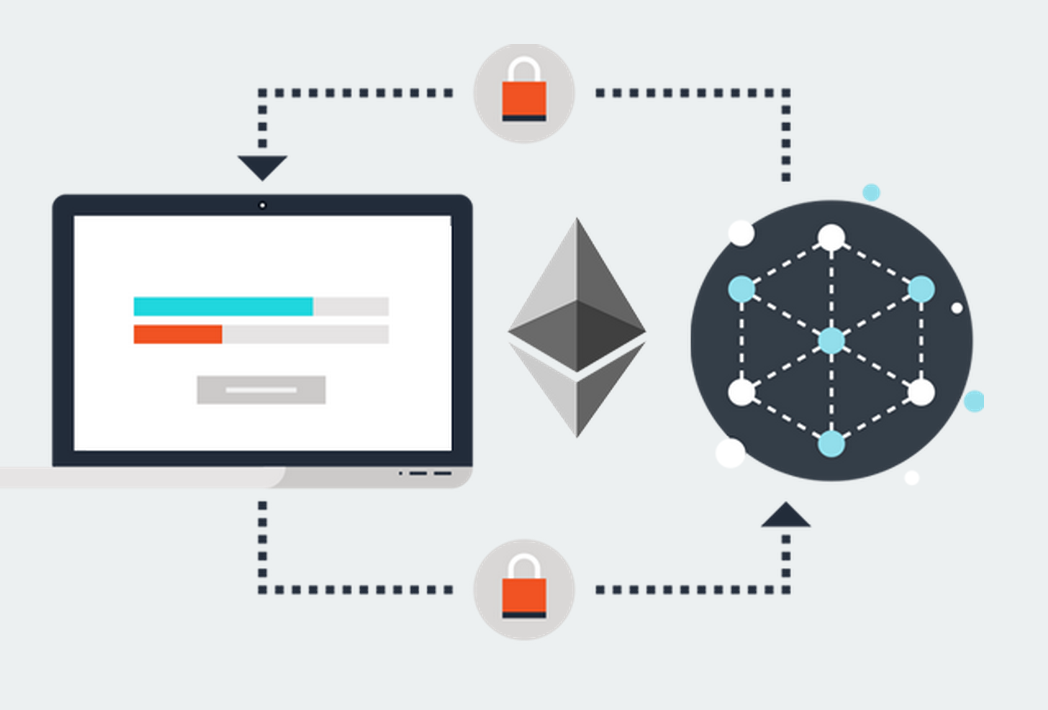
A smart contract on blockchain is a set of cryptographic codes consisting of predetermined rules and the execution of a task. In layman’s terms, the criteria are embedded in the code, and the corresponding task or event is executed when the criteria are met.
For instance, a smart contract can stipulate that $450 will be paid on the 30th of each month for rent, that assets will be transferred once the predetermined payment has been received, that records will remain unaltered on election day, etc. Since smart contracts are stored in a blockchain, they cannot be altered after being written. This is one of the most important characteristics of smart contracts.
This quality has both benefits and drawbacks. On the one hand, it provides transparency and automation, but if there is an error in the code, the contract must be rewritten, making the applications costly. Smart Contracts on blockchain offer the benefit of automation to their core nature. Due to the characteristics mentioned above, Smart Contracts are autonomous, reliable, accurate, secure, and cost-effective. The contracts are economical in that they reduce the expenses incurred by intermediaries.
How Does a Smart Contract Operate and Why Is It Crucial?
Smart contracts are a developer’s best friend in today’s world, which is transitioning to Web3.0. Among other things, it facilitates the development of various decentralized applications or Dapps and tokens. Smart contracts are utilized in multiple applications, from new financial tools to logistics game experiences. The best part is that, like other crypto transactions, they are stored on a blockchain. Therefore, once a smart-contract application has been added to the blockchain, it is generally irreversible.
The Defi platform constructed using smart contracts include DeFi technology that aims to revolutionize the banking industry. DeFi applications enable crypto traders to conduct complex financial transactions without the involvement of a third party with the help of Defi smart contract development services. In addition, they allow traders to access these transactions from any location on the planet. Among the most popular applications powered by smart contracts are:
- Uniswap is a decentralized exchange that enables users to trade certain types of crypto via smart contract without a central authority setting the exchange rates.
- Compound: They enable investors to earn interest and borrowers to obtain a loan immediately without needing a bank.
- USDC: A cryptocurrency pegged to the US dollar via a smart contract, with one USDC equaling one US dollar.
- In conventional finance, currency exchange is costly and time-consuming. The method is not always straightforward. But smart contracts and their ability to make transactions transparent without room for disagreement make global transactions secure and easily accessible.
The Benefits of Smart Contracts
- As smart contracts are stored in a blockchain, everything is entirely decentralized, everyone on the network verifies the output, and nobody controls the money. It possesses the characteristics of a Blockchain.
- They are autonomous since relying on a third party is not needed.
- They also help you save money because you do not have to pay an intermediary.
- All your documents are encrypted on a distributed ledger, transactions are recorded, and no one can claim they lost a document, sent money when they didn’t or made any human antalya escort error.
- In a smart contract, you do not have to worry about your data being lost because, in a blockchain, every peer has a backup and retrievable copy of your documents.
- It takes much time to process paperwork and documents in a conventional contract manually. Using code to automate tasks, smart contracts shorten the duration of numerous business procedures by hours.
- Smart contracts are cheaper and quicker, but they also prevent the errors that result from manually filling out piles of forms and documents. They are exact.
- Once created, smart contracts are immutable because they cannot be altered.
Negative aspects of Smart Contracts
- However, smart contracts are not perfect. There are numerous questions regarding the available remedies for executing smart contracts.
- Numerous questions, such as what if a bug is introduced into the code, how the dispute regulation would be implemented, and what if the terms and conditions need to be modified after being entered into the hash, etc.
- In a traditional contract, parties can take their disputes to court and have their contracts voided. But this is not the case with Smart contracts. There is no way to undo transactions once a contract has been executed. But this does not eliminate the right to remedy. Smart contract and dispute resolution is an authentic and expanding field.
- The list of obstacles and technicalities continues. Experts are attempting to address these crucial issues, but they frequently discourage potential adapters from joining. Ethereum is the pioneering platform for applying Smart Contracts, although other platforms already employ them. It is designed and developed specifically to support Smart Contracts.
The success of a platform like Ethereum that uses Smart Contracts demonstrates that Smart Contracts will be the future of contracts once the issues are resolved.